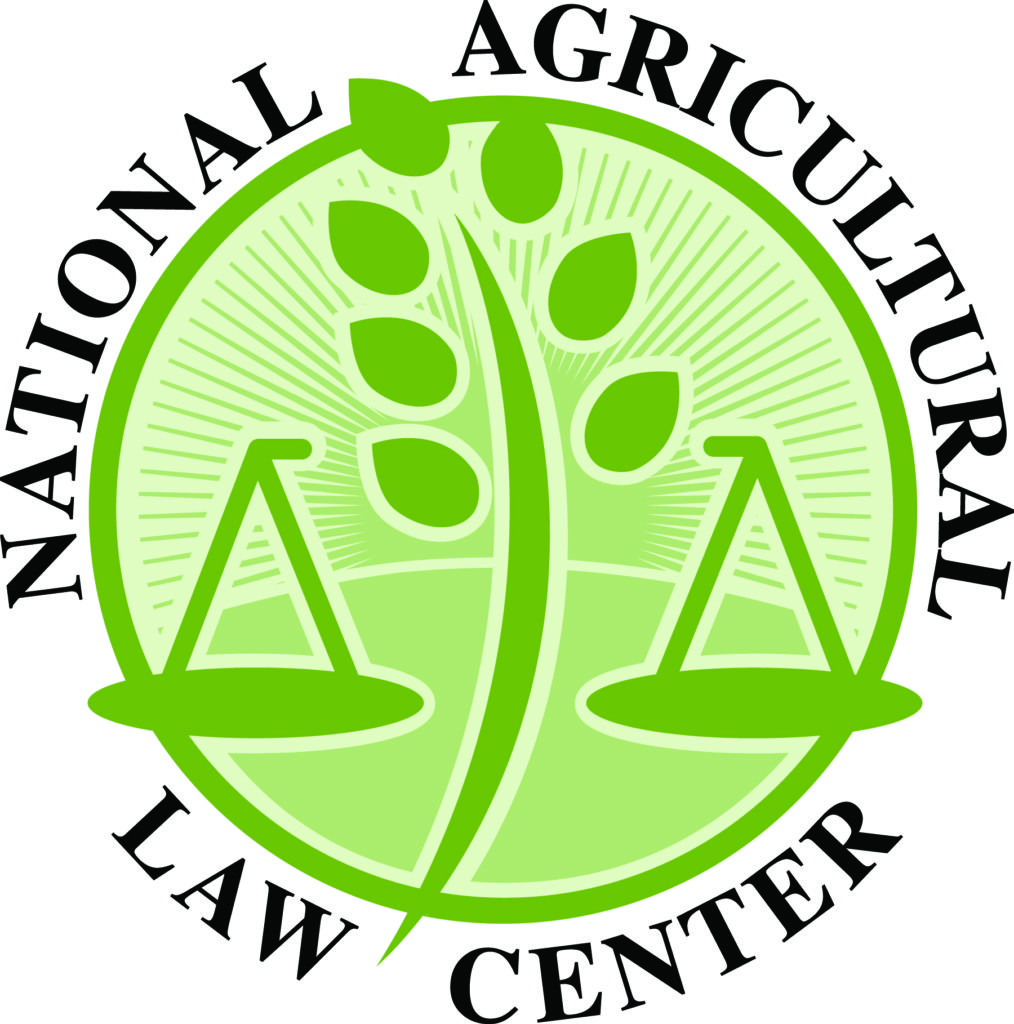JUDICIAL:
Oceana, Inc. v. Ross, No. 17-5247, 2019 WL 1574916 (D.C. Cir. Apr. 12, 2019):
When fishermen catch fish but do not sell or keep them for personal use, they harvest what is referred to as “bycatch.” Discarded fish might constitute fish of an “undesirable size, sex, or quality,” or fish that “fishermen are required by regulation to discard whenever caught.” 16 U.S.C. § 1802(2), (9), (38). Because a significant portion of bycatch do not survive (although some may be returned to the water), the phenomenon of bycatch can have detrimental effects on the marine ecosystem. 50 C.F.R. § 600.350(b). Accordingly, the Magnuson–Stevens Fishery Conservation and Management Act (“Magnuson–Stevens Act”), as amended by the Sustainable Fisheries Act (“Fisheries Act”), 16 U.S.C. § 1801 et seq., directs the National Marine Fisheries Service (“the Fisheries Service”) and regional councils to establish methodologies for collecting and reporting bycatch data.
Plaintiff Oceana, Inc. challenges the Standardized Bycatch Reporting Methodology (“Reporting Methodology”) adopted in 2015 by the Fisheries Service to track bycatch in fisheries in the Northeast region of the United States. Oceana claims that the reporting methodology violates the Magnuson–Stevens Act and the Administrative Procedure Act (“APA”). Defendant Fisheries Service1 and Oceana filed cross-motions for summary judgment. The District Court entered summary judgment for the Fisheries Service, finding that the Reporting Methodology satisfies applicable law. Oceana now appeals. We affirm the District Court because the Fisheries Service has met its obligation under the Fisheries Act to establish a standardized methodology. We further conclude that the District Court did not abuse its discretion in not requiring that the agency produce or include on a privilege log documents covered by the deliberative-process privilege.
REGULATORY:
Notice: Environmental Protection Agency (EPA); EPA has received applications to register pesticide products containing active ingredients not included in any currently registered pesticide products. Pursuant to the Federal Insecticide, Fungicide, and Rodenticide Act (FIFRA), EPA is hereby providing notice of receipt and opportunity to comment on these applications. Info HERE
Notice: Environmental Protection Agency (EPA); There will be a 4-day, in-person public meeting of the Federal Insecticide, Fungicide, and Rodenticide Act (FIFRA) Scientific Advisory Panel (SAP), augmented with additional experts to provide independent scientific advice to the EPA on proposed guidelines for Efficacy Testing of Topically Applied Pesticides Used Against Certain Ectoparasitic Pests on Pets. Preceding the in-person meeting, there will be a public half-day preparatory virtual meeting to consider the scope and clarity of the draft charge questions for this peer review. Info HERE
Notice of availability; reopening of comment period: We are reopening the comment period for our notice that made available a draft environmental impact statement (EIS) and preliminary pest risk assessment (PRA) regarding the potential environmental impacts and plant pest risk associated with the proposed environmental release of genetically engineered Citrus tristeza virus. We have updated the EIS and PRA in light of recently published scientific research regarding the vectoring of Citrus tristeza virus, and are making the updated EIS and PRA available for public review and comment. This action will allow interested persons additional time to prepare and submit comments on these revised documents. Info HERE
Final rule: Food and Nutrition Service (FNS), USDA; This final rule implements four sections of the Agricultural Act of 2014 (2014 Farm Bill), affecting eligibility, benefits, and program administration requirements for the Supplemental Nutrition Assistance Program (SNAP). Section 4007 clarifies that participants in a SNAP Employment & Training (E&T) program are eligible for benefits if they enroll or participate in specific programs that will assist SNAP recipients in obtaining the skills needed for the current job market. Section 4008 prohibits anyone convicted of Federal aggravated sexual abuse, murder, sexual exploitation and abuse of children, sexual assault, or similar State laws, and who are also not in compliance with the terms of their sentence or parole, or are a fleeing felon, from receiving SNAP benefits. Section 4009 prohibits individuals with substantial lottery and gambling winnings from receiving SNAP benefits. Section 4015 requires all State agencies to have a system in place to verify income, eligibility, and immigration status. Info HERE
